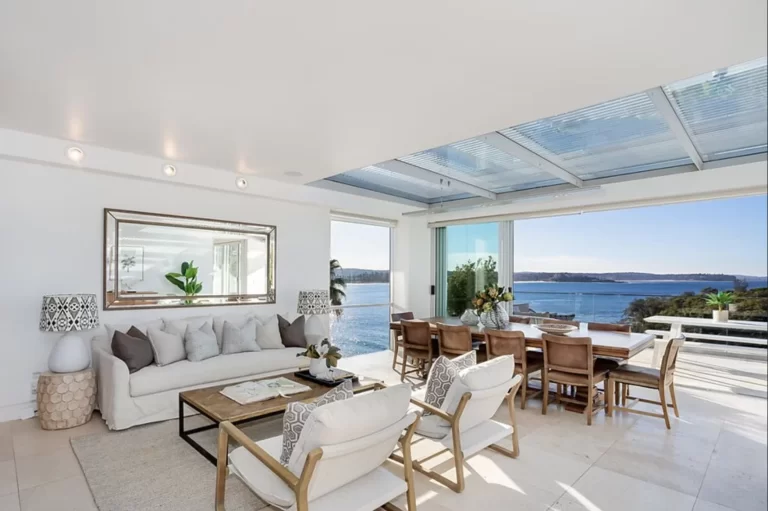What to Know About Buying Property in Australia’s Coastal Regions
Australia’s stunning coastal regions are a dream destination for many homebuyers, offering beautiful landscapes, a relaxed lifestyle, and a close connection to the sea. Whether you’re considering buying a vacation home, a permanent residence, or an investment property, there are several key factors to keep in mind when purchasing property in these desirable areas. Here’s what you need to know about buying property in Australia’s coastal regions.
1. Understanding Local Market Conditions
The coastal property market can vary significantly from one region to another. Popular coastal areas like Sydney’s Northern Beaches, the Gold Coast, or Byron Bay each have their own market dynamics. It’s important to research the specific area you’re interested in to understand local market trends, property values, and potential growth areas.
2. Evaluating Property Types
Coastal properties come in various types, including beachfront houses, apartments with ocean views, and even holiday units. Each type has its own benefits and drawbacks:
Beachfront Houses: Direct access to the beach and stunning views, but they often come at a premium price and may require additional maintenance due to salt exposure.
Ocean View Apartments: Typically more affordable than beachfront homes and may offer amenities like pools or gyms, but the view might be less direct.
Holiday Units: Great for short-term stays and rental income, but you need to consider local regulations regarding short-term rentals.
3. Considering Environmental Factors
Coastal properties are subject to unique environmental conditions that can affect both the property and your lifestyle:
Climate: Coastal regions generally enjoy mild, temperate climates but can also be prone to humidity, storms, and high UV levels.
Erosion and Flooding: Coastal properties can be at risk of erosion and flooding, so it’s crucial to check flood maps and consult with local authorities about potential risks and mitigation measures.
Maintenance: Salt air can be harsh on property exteriors and may require more frequent maintenance or use of corrosion-resistant materials.
4. Understanding Regulations and Zoning
Different coastal regions have varying regulations regarding property development and usage. Ensure you are familiar with:
Zoning Laws: These determine what type of structures can be built and how properties can be used.
Building Codes: Coastal areas often have specific codes to address environmental factors like wind resistance and storm protection.
Conservation Areas: Some coastal regions are protected to preserve natural habitats, which can limit development options.

5. Assessing Investment Potential
If you’re buying a coastal property as an investment, consider:
Rental Demand: Coastal areas often attract tourists, which can be lucrative for short-term rentals. Research the demand for rental properties and any local restrictions on short-term rentals.
Capital Growth: Some coastal areas experience high capital growth due to their desirability. Look at historical trends and future forecasts to gauge potential returns.
Vacancy Rates: Check the local vacancy rates to understand how easy it might be to find tenants or buyers.
6. Financial Considerations
Purchasing property in coastal regions can involve higher costs due to demand and the premium associated with prime locations. Consider:
Property Prices: Coastal properties often come with a higher price tag, so ensure your budget aligns with the market.
Ongoing Costs: Beyond the purchase price, factor in costs such as higher insurance premiums, maintenance, and potential increased utility costs.
7. Engaging Local Experts
Given the unique aspects of buying coastal property, it’s advisable to work with local experts:
Real Estate Agents: Local agents have insights into the market and can help you find the right property.
Legal Advisors: A solicitor familiar with coastal property transactions can assist with due diligence and ensure all legal requirements are met.
Inspectors: Property inspectors with experience in coastal properties can help identify any issues related to environmental factors.
Buying property in Australia’s coastal regions can be a rewarding investment or lifestyle choice, offering stunning views and a relaxed lifestyle. However, it’s essential to approach the purchase with thorough research and professional advice to navigate the unique challenges and opportunities these areas present. By understanding the local market, considering environmental factors, and seeking expert guidance, you can make an informed decision and enjoy all the benefits of coastal living.







